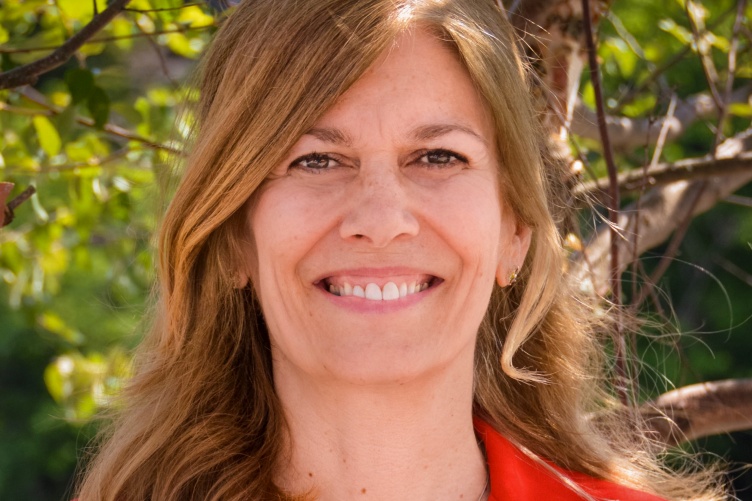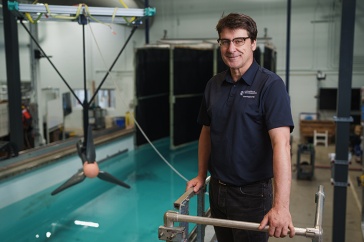
Educated as an engineer and trained as philosopher, Betty Woodman spent many years in the corporate sector where she rose to the level of senior leadership and witnessed firsthand how a company’s long-term success could hinge on the way people treated one another.
“People tend to restrict business ethics to issues of compliance and legal fair dealing,” said Woodman. “I’ve chosen to take a systems approach in which ethics serves the health and wellbeing of the whole. Harm one part, and the whole suffers, hurting the other parts as well.”
As a former sales executive, Woodman saw how corporate infighting could hurt the perpetrators as much as the victims by undermining creativity, innovation, and courage — qualities that characterize successful companies. As a doctoral student at Emory University, she drew on this experience to develop an ethical category she calls “a sustainability mindset.”
“I see sustainability as an ethical category that encourages a multiplicity of voices, emotional as well as strategic intelligence, female and male, all bound together in an atmosphere of trust,” Woodman explained. “Whether we’re talking about relationships among leaders and their teams, companies and their suppliers, or brands and their customers, lose that trust and nobody benefits.”
As Paul College’s first full-time business ethicist, Woodman introduces all first-year business students to a variety of leading ethical theories and applications in a required business ethics course she teaches alongside a member of the philosophy department. “I love it when students begin to see that ethics aren’t just rules but rules of engagement that can nurture really cool innovations,” said Woodman.
An example students learn about is how 3M’s culture of risk taking turned one product designer’s failure to make a strong adhesive glue into another’s invention of one of the biggest office product sellers of all time: Post-It Notes.
They also learn about “shared value,” a form corporate social responsibility (CSR) that involves using business to produce social good and a healthy bottom line. Understanding shared value forces students to confront the gray areas of ethics where financial and humanistic “bottom lines” that formerly competed with each other can come into harmony.
Explained Woodman, “When they learn about Walmart as a corporate leader in the use of solar power, they think a little differently about the chain. Yes, the company adopted solar in order to save on energy costs and boost its bottom line, but it also provided much-needed leadership in reducing its carbon footprint. Walmart isn’t a perfect organization, that’s for sure, but I want students to see how applying ethical behavior can produce the win-win we’re all after.”
-
Written By:
Dave Moore | UNH Cooperative Extension

















































